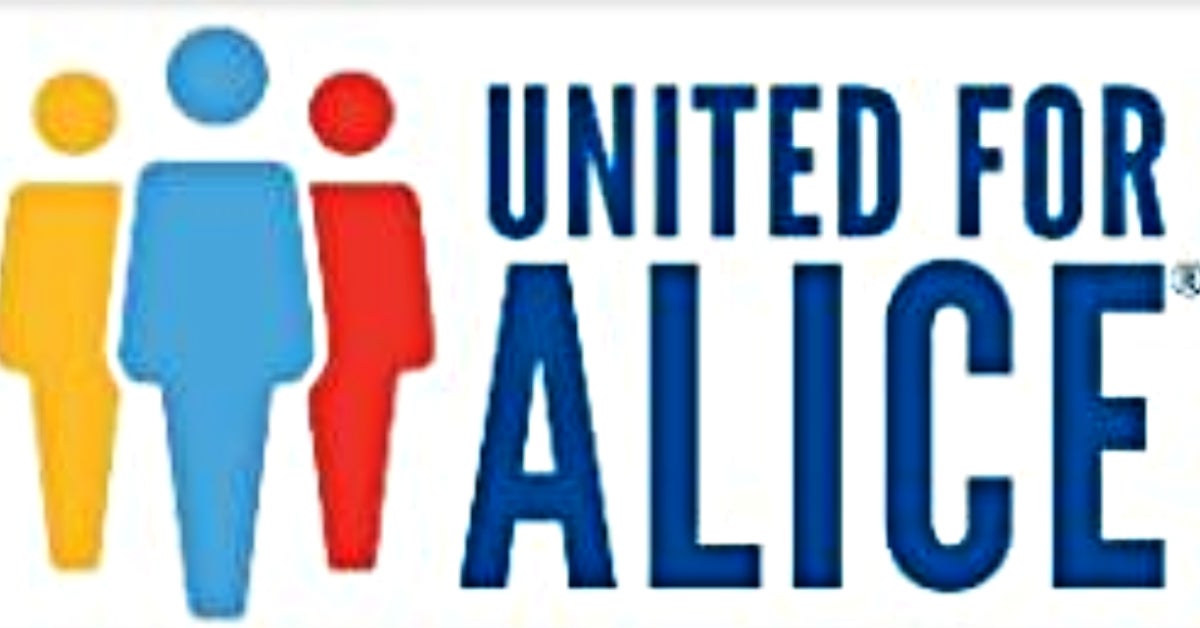ALICE in the Crosscurrents: 5% More Mississippi Households Financially Insecure since start of pandemic
Published 8:49 am Wednesday, April 26, 2023
The ranks of Mississippi households unable to afford the basics grew by nearly 30,000 during the first two years of the COVID-19 pandemic, resulting in a total of 579,062 households, or 52% struggling to afford the basics by 2021, according to a new report from United Way of West Central Mississippi and its research partner United For ALICE.
That calculation includes the 219,019 households in poverty as well as another 360,043 families defined as ALICE (Asset Limited, Income Constrained, Employed), earning above the Federal Poverty Level but less than what’s needed to survive in the modern economy. ALICE families have been overlooked and undercounted by traditional poverty measures. ALICE is the nation’s childcare workers, home health aides and cashiers heralded during the pandemic – those working low-wage jobs, with little or no savings and one emergency from poverty.
ALICE in the Crosscurrents: COVID and Financial Hardship in Mississippi shows that the total number of financially insecure households rose by 5% between 2019 and 2021 – more than double the 1% increase in the state’s overall population. The number of ALICE households increased by 19,130 during that time. In contrast, there were 8,258 more families in poverty.
Mississippi ranked last in financial hardship among all 50 states, with one of the nation’s highest percentages (52%) of households struggling to make ends meet in 2021.
While job disruptions and inflation delivered significant financial pain, a combination of pandemic supports and rising wages did help to blunt what could have been a deeper financial crisis, the report finds. However, as some benefits are peeled back, and inflation persists, signs of greater financial stress are on the horizon.
“Equipped with the ALICE name and data, we can do even better to develop effective policies and track our progress toward reducing financial hardship in Mississippi,” United Way stated in a release. “We have an opportunity to build on what was learned during the pandemic as ALICE continues to face economic uncertainty.”
According to the report, for a family of four with an infant and a preschooler, the annual ALICE Household Survival Budget, which is the basic cost needed to live and work in Mississippi, was $71,388 in 2021. The Child Tax Credit and Child Dependent Care Tax Credit helped to soften the blow, bringing the family Survival Budget down to $58,668.
Even with the variety of temporary pandemic supports available, in 2021, a family of four with two-full time workers earning salaries as a retail salesperson and a cashier — two of the most common occupations in Mississippi — fell short of affording the family budget by $10,000.
“A positive change during the pandemic was that tax credits, stimulus payments and rental assistance were available for ALICE households and provided strong relief,” said Stephanie Hoopes, Ph.D., United For ALICE National Director. “However, as some of these supports come to an end, growing food insufficiency and other indicators reveal continued stress. Ignoring these warning signs places ALICE, our economy, and the well-being of our communities at great risk.”
Additional report insights include:
- Racial disparities persist in the rates of financial hardship; 67% of Black and 56% of Hispanic households were below the ALICE Threshold in 2021, compared to 41% of white households.
- Single-Female-With Children had among the highest rates of hardship — over half, 85% — of Mississippi’s (Single-Female-With Children) households could not afford basics in 2021.
- In 2021, 75% of the 20 most common jobs in Mississippi paid less than $20 per hour. (Earning less than $20 hourly was not enough to support a family of four with an infant and a preschooler, even with two parents earning this salary.)
- In Federal Reserve surveys, the percentage of respondents who were either ALICE or in poverty reported seeing emergency savings increase from 31% in October 2019 to 36% in November 2021. Meanwhile, those survey respondents who were financially stable saw emergency savings rise from 70% to 62%.
To read the report and access online, interactive dashboards that provide data on financial hardship at the state, county and local level, visit United4ALICE.org/ALICECrosscurrents.
United Way of West Central Mississippi is collecting audio testimonials from ALICE individuals about the difficult financial choices they continue to face today given the high cost of essentials and ongoing inflation. Voice messages can be recorded at: ALICEvoices.org.






